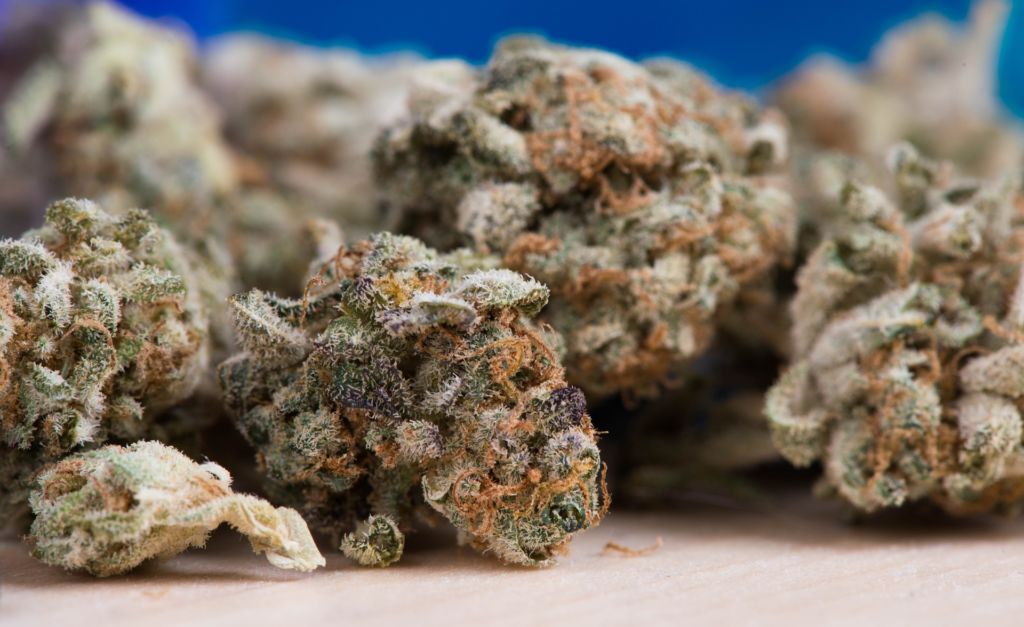EXCLUSIVE: Malta Launches New Drug Reform To Combat Automatic Jailing Of Regular Users

Malta’s justice system has made several victims of regular drug users, with people still getting sentenced to jail for giving ecstasy pills to their friends at parties.
However, Justice Minister Edward Zammit Lewis has now presented a bill aimed at giving some flexibility to the courts, allowing magistrates not to treat people as dangerous drug traffickers even though the facts of their case show they clearly aren’t.
“We want a court of justice, not a court of law,” he said.
He sat down with Lovin Malta to explain the legal principles which are about to change.

Justice Minister Edward Zammit Lewis
1. The concept of ‘sharing’ will be widened
As it stands, the law technically distinguishes between drug trafficking and drug sharing but rigidly defines ‘sharing’ as “consuming the drugs on the spot with others”.
This means it doesn’t cover common cases whereby someone would procure drugs for his friends for them to take at a party, without making a profit.
Now the concept of sharing will be widened to include “procuring a small quantity of drugs to be consumed on the spot for and upon the request of people in his company at a single event at no profit”.
“We’ve seen recent cases of magistrates having no other choice but to jail youths who were caught sharing drugs among his friends at a party because they had no leeway,” Zammit Lewis said.
“We’re not going to judge the cases ourselves but will give the courts more flexibility.”

2. Removing a snag in the drug dependence law
Right now, a snag in the 2015 drug rehabilitation law prevents users from getting referred to a rehabilitation board if they are found in possession of the substance within 100m of a school or a place youths tend to congregate.
Earlier this year, criminal lawyer Franco Debono called out this clause as a “spanner in the works” of the Drug Dependence (Treatment not Imprisonment) Act.
This law empowers the court to convert itself into a Drugs Court in cases of possession after hearing submissions from both the prosecution and defence. This means the accused will be sent to a Drug Offenders Rehabilitation Board, which will have a year and a half to decide whether the accused has managed to “substantially” free himself of drug dependance.
If the board is satisfied that this is the case, it will report its findings to the court, which will then be able to give the accused a lighter punishment than imprisonment.
However, this law doesn’t apply to people caught with drugs within 100m from the perimeter of a school, a youth club or any place “where young people habitually meet”.
Debono had warned that this clause is resulting in ridiculous cases whereby someone driving with drugs in his possession would be stopped by police right in front of a każin but would be unable to be referred to the Drugs Board because the club is a place youths habitually meet.
“This 100m law was creating injustice and placed straitjackets on magistrates,” Zammit Lewis said. “There were many instances when the magistrate said they knew the case wasn’t [trafficking] but had no other choice but to apply the law.”

Franco Debono had called for the '100m rule' to be scrapped earlier this year
3. More incentives for accused people to cooperate with police
As it stands, the law allows the courts to dish out lower sentences to people found guilty of drug laws if the information they provide helps the police apprehend traffickers.
However, this provision doesn’t kick in if the trafficker manages to evade arrest.
The new law will allow magistrates to also lower penalties (by one or two degrees with regards imprisonment and by one-third or one-half with regards fines) in cases whereby the accused would assist the police – and eventually the Attorney General – but the trafficker would evade arrest for reasons beyond the accused’s control.

4. Making the Drugs Board more accountable
Finally, the new law intends to make the Drugs Board more accountable to the courts, by allowing the judiciary to request updates from it and giving drug users a chance to challenge its decisions and presence of board members.
“We cannot have a situation, as is currently the case, whereby a person gets referred to the board, years go by, and the board doesn’t report back to the court, meaning the case is left pending,” Zammit Lewis said. “The board’s decisions will be accountable to the Court of Magistrates and the Court of Appeals.”

This reform is over and above the proposed cannabis white paper
This drug reform is completely separate from the cannabis white paper that was launched last March and which will eventually be presented to Parliament as a bill.
And Zammit Lewis made it a point to stress that this reform won’t result in more leniency to actual drug traffickers, describing them as “parasites of society”.
“What we’re after is justice for our citizens,” he said. “This is a government that listens and doesn’t mind changing things when they need to be changed to avoid injustices with people whose lives we must provide with a future and not destroy.”